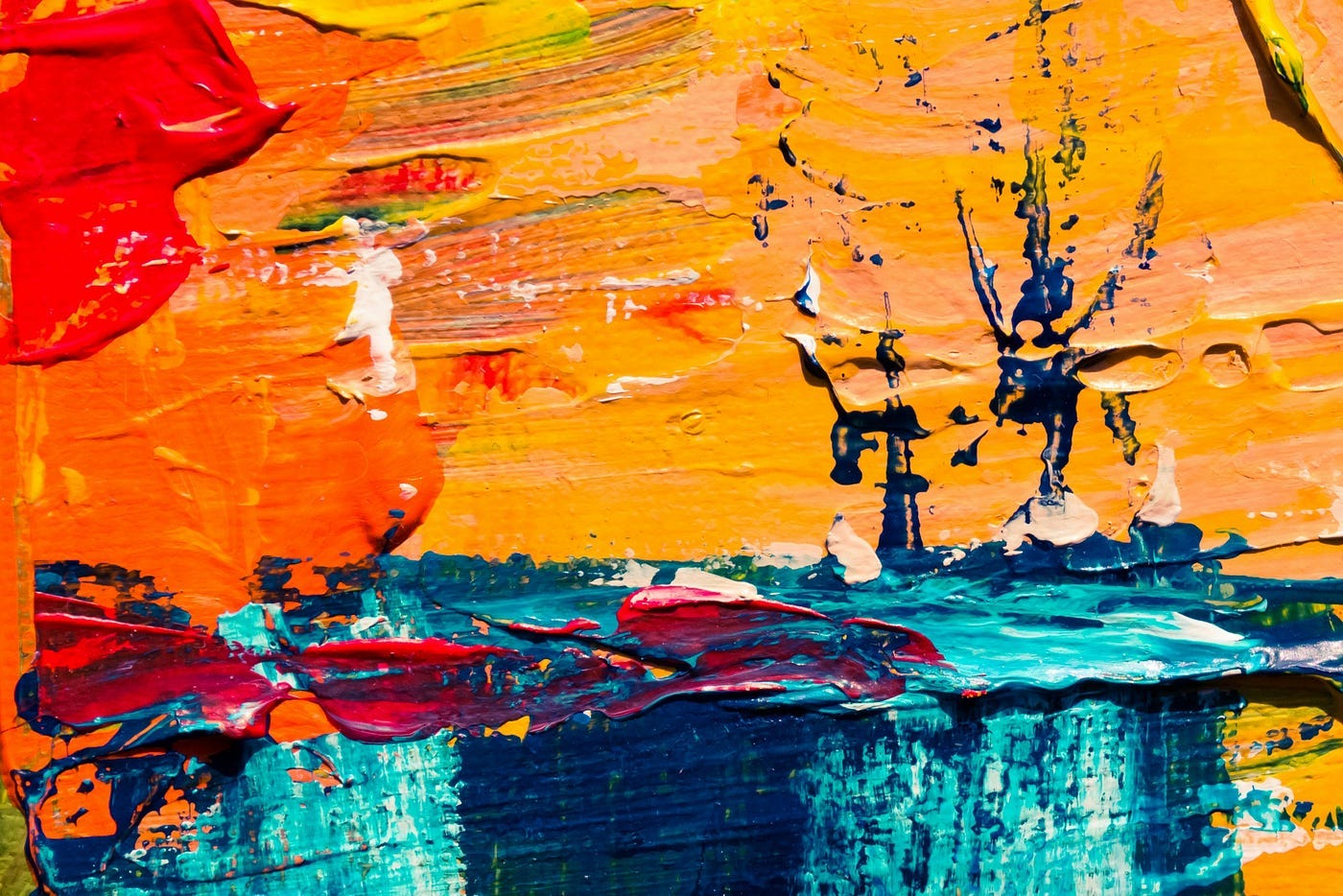Plus the Wild West of Celebrity NFTs Gets Busted

Who owns the copyright and intellectual property of art? AI image generators like Dalle are rightfully raising concerns from artists about creative ownership. AI generators are trained on millions of photos and learn to identify things from existing photos. Some of Dalle’s images are machine-made with the user only contributing text prompts, so it’s not copyrightable at all, according to Wired. Remember the monkey selfie copyright case? These images are more likely to be public domain and not owned by anyone, and therefore, free to use. More user input, like editing, could lead to human-made authorship and would be eligible for copyright. But do commercial technology companies own the copyright of the images users manipulate on their platforms? Look at the small print because laws are changing fast.
New York artist Kris Kashtanova has filed for what is possibly the first registered copyright for commercial AI-generated artwork for his graphic novel, Zarya of the Dawn. The artist used Mid Journey to create the images and told UPI News:
“I tried to make a case that we do own copyright when we make something using AI.”
The technology has been trained to scrape images from the internet and stock photography websites. Artists and photographers have criticized the art-making platforms, accusing them of violating their own copyrights.
Getty Images sent an email notifying users they will cease to accept all submissions created using AI-generative models such as DALL-E, Midjourney, Nightcafe, and Imagen, and will remove all previous AI-generated art from their platform if they can find it. Shutterstock and others have followed Getty’s decision. Getty stated:
“There are open questions and there are unaddressed rights issues with respect to the underlying imaging and metadata used to train these models.”
I am a photographer and artist, and if I saw my work used without my permission, I would sue. Artists work hard to protect their intellectual property, and when we’re not fighting huge corporations caught stealing our images, we have come together in mutual respect and support. When fellow artists use our images and claim them as their own, it just smacks us in the teeth. AI art-making platforms are here to stay, and I am old enough to remember the objections to using Photoshop editing software when submitting images to competitions. What needs to happen is for the original artist and photographer to be cited for any work that is used to make and sell images with art-making platforms. You can bet that the lawyers will come out when a famous piece of art is reconfigured, promoted, and sold by another artist.
Stephen Marche’s insightful article in The Atlantic states that the fear of AI replacing art is the same as the fear of photography in the 19th century. Back then, there was plenty of anxiety around this new technology and many dismissed it as not art when all you’re doing is pressing a button. Of course, photography didn’t replace art, and there has always been room for mechanical and non-mechanical art. According to Marche, AI reconfigures creativity.
“Creative AI is the art of big data.”
“Creative artificial intelligence is the art of the archive.”
Anthony Bourdain’s text messages were recently made public, and I expect that the late celebrity chef would not have wanted his private conversations to be read by the world. Who owns your data when you die? Can your estate or relatives go against your wishes and publicize, sell or destroy your digital legacy? Naomi Cahn from the University of Virginia School of Law goes into the legal details on Slate.
James Earl Jones, the voice of Darth Vader, has retired from his iconic role and sold the rights to his voice to Ukrainian startup Respeecher. News about Bruce Willis selling digital rights to his face has been dismissed.
Entertainment NFT
Oh dear, celebrity influencers are getting themselves into all kinds of legal trouble by not declaring their sponsored status. The biggest fine yet in the wild west of cryptocurrency was handed to Kim Kardashian for not declaring her monetary partnership with EthereumMax. The Securities and Exchange Commission (SEC) issued Kardashian a $1.26 million fine. Eminem, Tom Brady, and Gwyneth Paltrow were also called out for not being transparent with their sponsorship deals but were not fined. The Federal Trade Commission has stated that social media influencers must disclose their financial, personal, and material relationships with brands.
Ginger Liu is the founder of Ginger Media & Entertainment, a Ph.D. practice research student in photography and artificial intelligence, and an author, writer, artist, and filmmaker. Listen to the Podcast.





